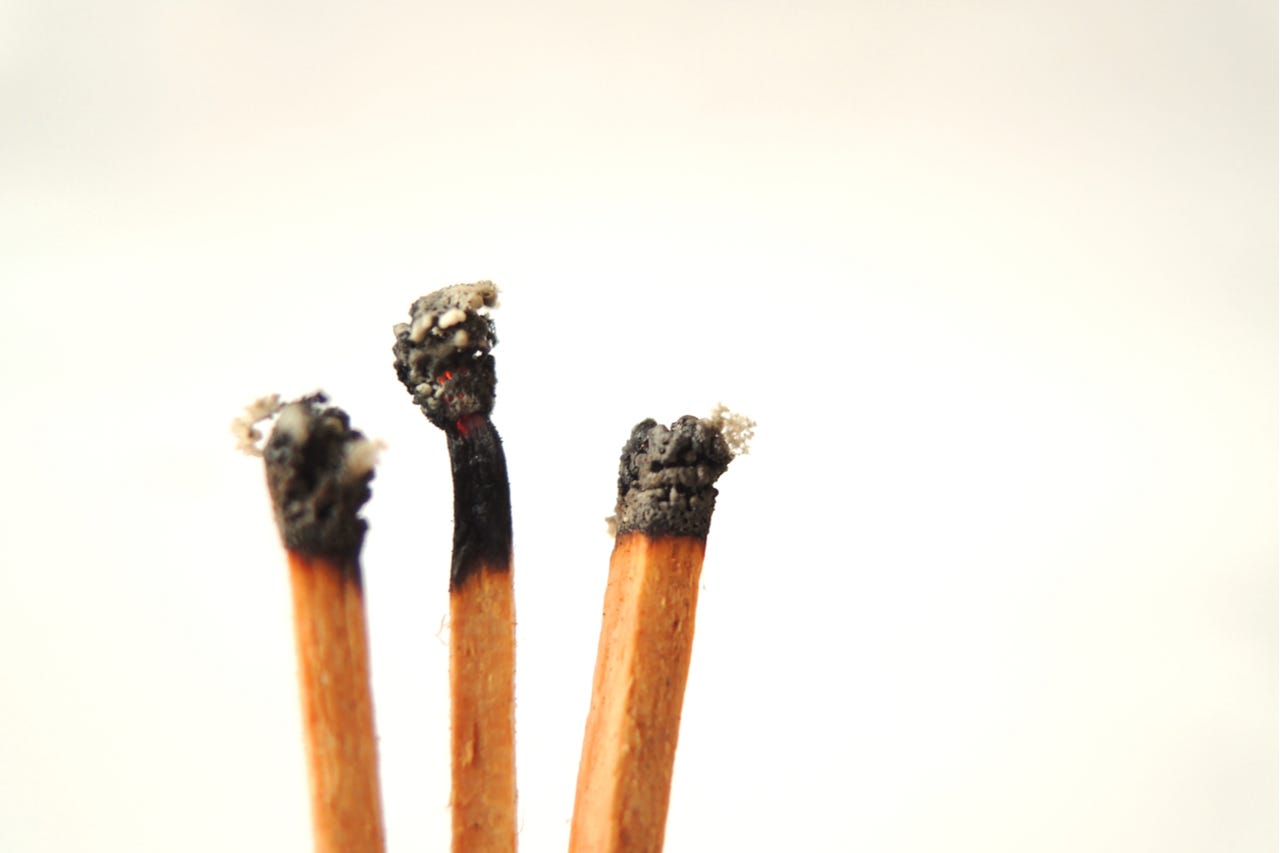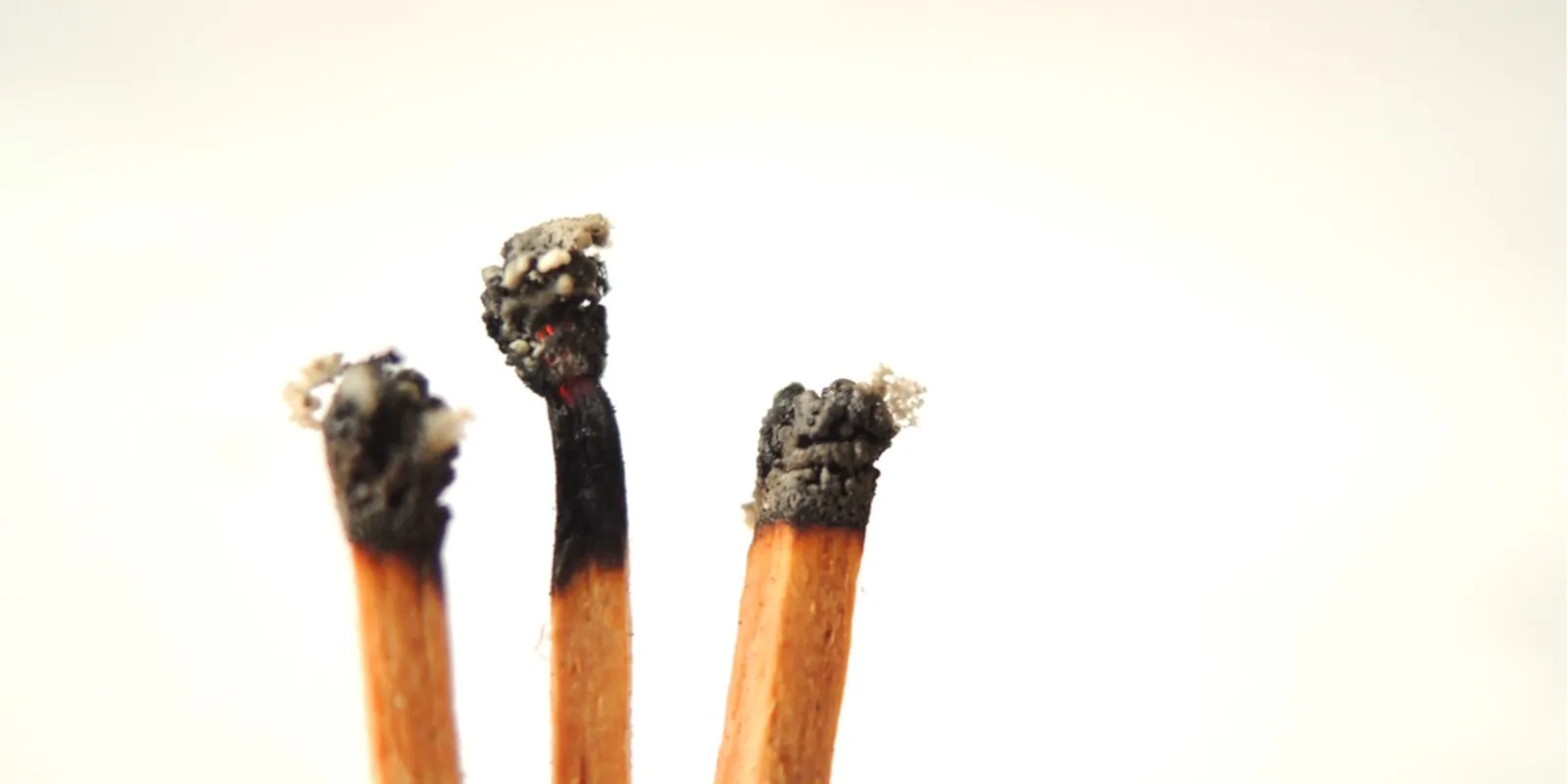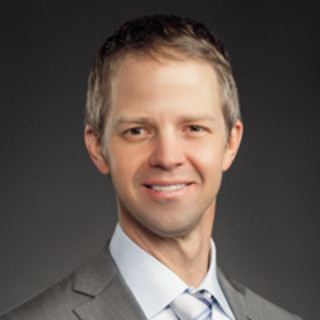
Most everyone in medicine familiar with the concept of the academic triple-threat which evolved in the 1960s. The ideal academic physician:
1) performed original primary research
2) trained medical students and residents
and 3) provided high-quality clinical care.
It was, and is, a noble aspiration.
It’s also increasingly impossible. If it ever was possible, enthusiasm among students to become the medical Ubermensch was already quickly eroding 30 years ago (if you don’t believe me, see here). Nonetheless, the idea survives, and I would hazard a guess most medical students are still aware of it.
But medicine has changed a lot in the last 50 years.
Clinical workloads now average 30–40 patients per day in clinic. In my field, Orthopedics, surgical caseload averages 32 cases a month, and in my subspecialty, Sports Medicine, this tends to be a little more. Most of us still take call without adjusting our schedules. The pressure to increase productivity is ever growing as academic centers feel the need to keep pace with highly motivated and efficient multispecialty groups. This is an unfair comparison for many reasons and is not compatible with the mission and purpose of many academic centers to take the toughest cases and care for the sickest patients.
Academic success is too easily judged by the quantity of publications instead of their quality simply because quantity is the easiest metric. As a result, researchers from medical students to career scientists are lured to cranking out low-quality papers or obscure case reports. New journals are constantly emerging just to contain the deluge. Unfortunately, in some cases, the open access model has made the weakest evidence the easiest to find. Thus, becoming a seasoned and nuanced reader of the literature is a daunting and bewildering quest. One needs to be a fairly strong swimmer to even wade into the shallows and not be washed away. This was not the case fifty years ago when most of the literature in a given field could fit in a single building. Since there seems to be little reward for dedicating yourself to one really big question and writing one definitive manuscript, modern scholars are left sorting through a thousand scraps of small, low-quality studies that are often contradictory. Meta-analysis has not solved this problem.
Teaching, perhaps the most important thing we do, has fallen aside in part because it has no easy metric. No one seems to care if you train eight residents to mediocrity or one to mastery. Shifting public views about the role of trainees and “simultaneous surgery” are blind to the fact that without some level of trust and autonomy each subsequent generation will ebb towards a lower and lower bar of competence upon graduation. Teaching residents well takes time and patience and repetition. There are no shortcuts. Some attendings are naturally skilled at this but receive little to no appreciation, much less compensation, for those efforts. When I drive off the freeway someday, please give me the surgeon who stayed late occasionally and lived on burnt coffee and graham crackers for a couple years learning to do one thing well than the one who just barely scratched by his ACGME minimum 25 intramedullary nails in residency and got home under 80 hours for the week.
Somehow, despite all of the above, we are asking the modern physician to be astronomically busy, generate something of quality, and teach to the highest level.
In the meantime, we have less time for ourselves and our families. The suicide and divorce rates among physicians attest to it. On the bright side, the emerging millennial generation has pushed back against the status quo and quality of life is improving with more attention being paid to burnout, mental health and the need for maternity/paternity leave. Unfortunately, many of these programs intended to protect us are symptomatic treatments, like opiates for back pain, and they ignore the root cause. What if we just had a little more time to do something that makes us happy?
Like many people applying for residency I said I was interested in academic medicine, and, like many others, I meant it. When I arrived, I looked to the mentors whom I perceived as triple-threat academicians and thought with an embarrassing degree of self-assurance, “oh, I can do that.” I learned quickly, and harshly, that I was wrong. But in hindsight, I do not see those same teachers in the same light. I do not remember a few demi-gods among a field of mere mortals but revere each for their own place in the larger pantheon.
When I operate on the knee, I think of Dr. R. When I read a journal, I think of Dr. L. When I teach, I think of Dr. H. and so on. And I remember them each predominantly for just that one thing they gave me. The one thing that made them exceptional. What makes it memorable is precisely the specific nature of the gift. Why can’t we treat ourselves the same way?
Clinging to the idea of the triple-threat flies in the face of everything we know about human productivity and damages the future of medicine. We throw ourselves half-heartedly at the myriad things we feel obligated to do and wonder why we feel unfulfilled. Our children, friends, and students, look at us and wonder why we are so frazzled, frustrated, and distracted. I would not blame the next generation for looking at us and saying, “no thanks.”
We know that specialization and the division of labor has trumped the jack-of-all-trades every time since a few intrepid gatherers settled down to farm 12,000 years ago. One of the best things about modern medicine is that there is plenty of room for life specialization even within our highly subspecialized fields. We need a pediatrician to lobby Congress, an OB to run a homeless clinic, a urologist to innovate a new device. To do just one extra thing exceptionally well. Could we still do that, take care of our patients, and take care of ourselves? What if we reconsidered the classic triad emphasizing depth of expertise over breadth of experience?
Once upon a time when I sat on an interview panel my favorite question for applicants was, “Tell me about your perfect orthopedic day.”
The answers were so varied, but they revealed a lot about each applicant and it struck me how deeply diverse we have remained after 20 years of homogenous educational processing.
I ask myself that question about once a year. It’s always about the same. I would go for a run, come home and have breakfast with my kids, hug them goodbye as I drop them off for school, I would go and do excellent surgery, my patients would be doing well, and I would go home and try to write one true sentence.
Certainly, I fail more than I succeed. But when I succeed, I sleep well and know that it’s enough. What if we don’t have to do it all? What if instead, we just took care of ourselves and our families, took care of our patients, and did well the one good thing that matters to us? We could work together to figure out the rest.
Brian Gilmer, MD is an orthopedic surgeon in Mammoth Lakes, CA. He is a 2018–2019 Doximity Author.







